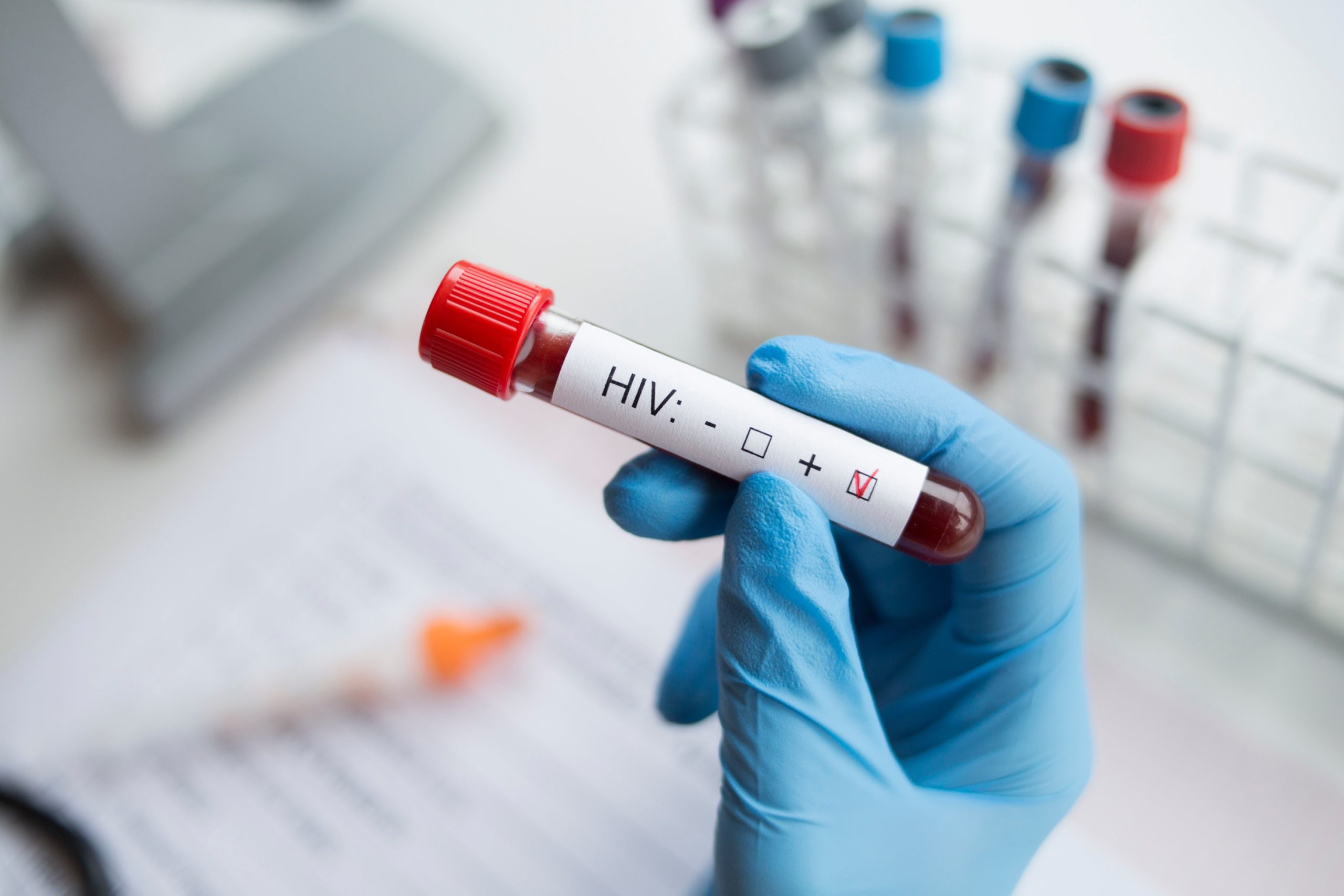Scientists from the University of Amsterdam claimed that they’ve effectively removed HIV from infected cells using the Nobel Prize-winning Crispr gene-editing tool.
Crispr acts like molecular scissors, cutting DNA to eliminate or deactivate problematic sections, the BBC report suggests.
Not Over Yet
While this breakthrough raises hopes of eradicating the virus from the body, more research is crucial to ensure safety and efficacy. Current HIV medications can suppress but not eliminate the virus.
The University of Amsterdam researchers, sharing preliminary results at a medical conference, caution that it’s only a “proof of concept” and not an immediate cure.
Dr James Dixon from the University of Nottingham stresses the need for further investigation.
Challenges Remain
Dr Jonathan Stoye, a virus expert at the Francis Crick Institute, said the task was extremely challenging.
Excision BioTherapeutics reports promising results in three HIV-positive volunteers after 48 weeks. However, challenges remain, including the risk of off-target effects and long-term side effects.
Achieving a widespread Crispr-based therapy for HIV could take many years, even if proven effective.





